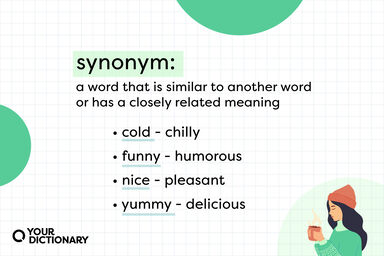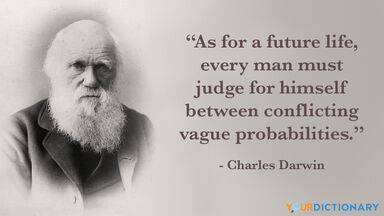Inwardly "he took a remorse of conscience and detestation of mind."
The effect of the incident was rather to increase detestation of Giolitti than to damage Crispi.
This feeling explains his detestation of foreign manners and superstitions, his loathing not only of inhuman crimes and cruelties but even of the lesser derelictions from selfrespect, his scorn of luxury and of art as ministering to luxury, his mockery of the poetry and of the stale and dilettante culture of his time, and perhaps, too, his indifference to the schools of philosophy and his readiness to identify all the professors of stoicism with the reserved and close-cropped puritans, who concealed the worst vices under an outward appearance of austerity.
But the prevailing impression we carry away after reading him is that in all his early satires he was animated by a sincere and manly detestation of the tyranny and cruelty, the debauchery and luxury, the levity and effeminacy, the crimes and frauds, which we know from other sources were then rife in Rome, and that a more serene wisdom and a happier frame of mind were attained by him when old age had somewhat allayed the fierce rage which vexed his manhood.
His strong family feeling and his detestation of England, which was unchecked after the death of his wife, Maria Amelia, daughter of Frederick Augustus II.





